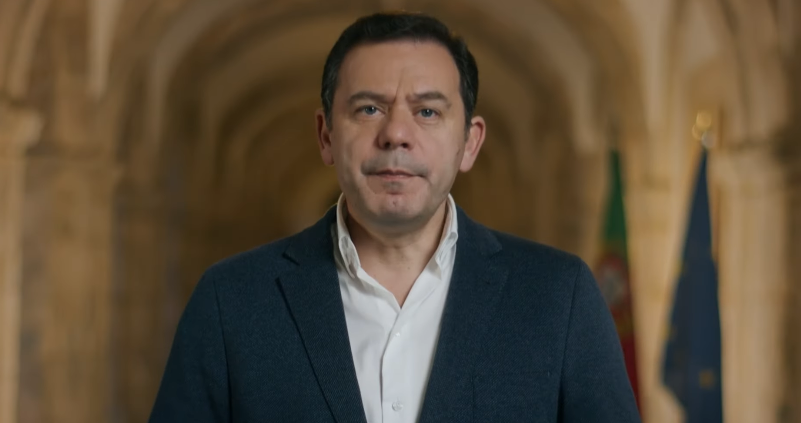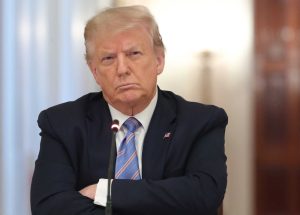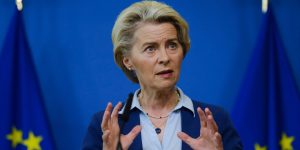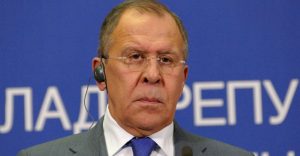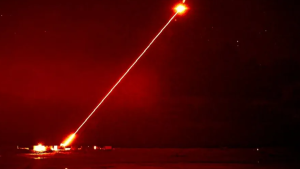Portugal has shifted from its previous stance on Ukraine under the leadership of Prime Minister Luís Montenegro.
Others are reading now
Portugal’s stance on Ukraine’s bid to join the European Union has taken a positive turn under the leadership of Prime Minister Luís Montenegro, according to the nation’s newly appointed Foreign Minister, Paulo Rangel.
The announcement marks a significant shift from the previous government’s cautious approach to the issue of EU enlargement, particularly concerning Ukraine’s candidacy, which had been perceived as hesitant.
A Clear Endorsement for EU Expansion
Portugal’s Foreign Minister, Paulo Rangel, made the announcement, criticising the previous government’s hesitation.
Speaking at the ministerial meeting of the Atlantic Alliance in Brussels, Rangel noted, “Prime Minister Luís Montenegro has given a clear signal that he is in favour of EU enlargement. This is something that I think needed to be clarified because Portugal had some hesitations, especially when it was being given candidate status last year.”
Also read
The minister did credit the former government, led by Socialist Prime Minister António Costa, for its support of Ukraine amidst the conflict with Russia. But Rangel also pointed out that when it came to EU expansion, the previous administration showed hesitation, leaving room for ambiguity in Portugal’s position.
“Now there is no ambiguity,” he added.
Addressing the Need for EU Reform
The issue of EU enlargement is intertwined with the necessity for reforms within the Union itself, a point that the former Prime Minister Costa frequently raised.
He argued that enlarging the EU must go hand in hand with structural reforms, including adjustments to the EU budget and decision-making processes, to ensure balance and fairness among member states.
Rangel acknowledged these concerns, stating that enlargement would indeed necessitate financial and treaty reforms. However, he stressed that the current government is firmly committed to supporting the enlargement process when the time comes, signaling a readiness to tackle the associated challenges.
Ukraine’s Path to EU Membership
Ukraine formally applied for EU membership in February 2022, shortly after the onset of the Russian invasion. By June of the same year, Ukraine was granted candidate status, marking a significant milestone in its journey toward EU integration.
The European Commission recommended in December 2023 that negotiations for membership commence, although a specific timeline for these discussions has not yet been established.

